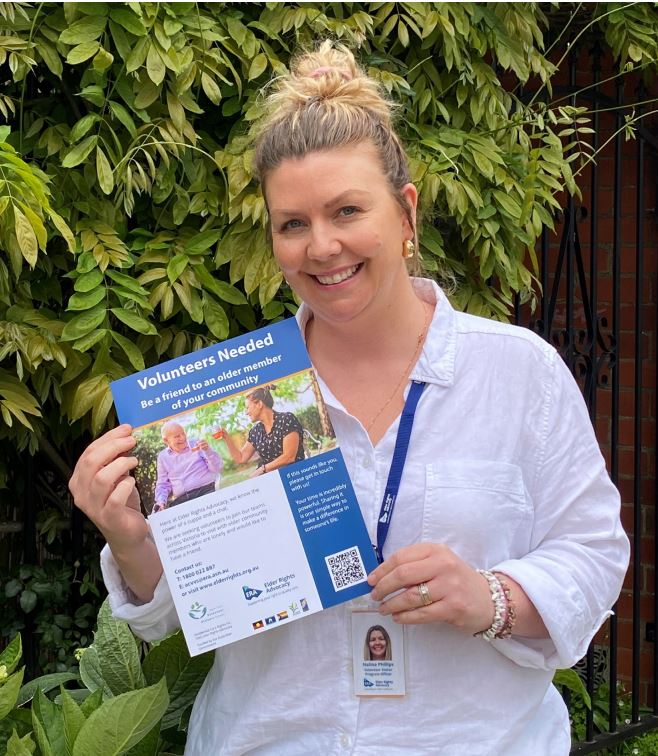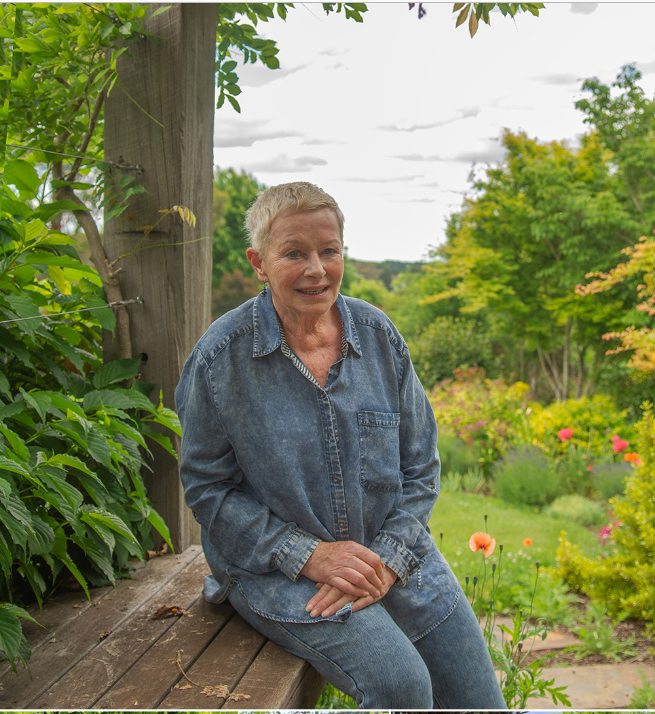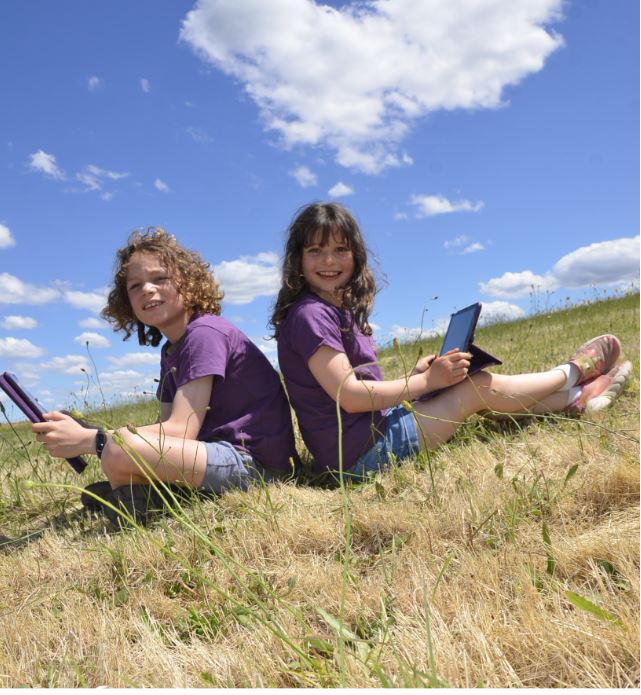November 9th, 2024Help is at hand for seniors feeling isolated

“Ah, look at all the lonely people.” The Beatles.
Loneliness can be savage on aged people. There is, however, a way to ease it.
Creswick’s Nalina Phillips, pictured, is working with Elder Rights Advocacy to build relationships with local groups, organisations and aged care homes on a scheme to break down isolation.
Starting with two local volunteers who visit four people in Creswick and Trentham, she has taken on two more volunteers from Clunes. As well, she is looking for local people who are feeling lonely or isolated.
Besides easing the burden of loneliness on the aged, the scheme also gives volunteers a sense of purpose and meaning, improving their confidence through knowing that they are giving back to the community.
Volunteers “genuinely love visiting their matched older people and hearing all the amazing stories about how they grew up and the lives they lived,” she says.
The volunteers learn of the not-for-profit program through Seek Volunteer, Facebook groups and community events.
The scheme has been running for almost more than six years. Regular visits from volunteers can help to both improve quality of life and make older people feel less isolated.
Visits are available to anyone who is socially isolated or gets government-subsidised residential aged care or Home Care Packages, including approved care recipients or those on the National Priority System for residential or home care packages.
Loneliness can affect some older people because they feel cut off from their culture and heritage, have little contact with friends or relatives, are immobile and so unable to take part in social or leisure activities, or feel different in some way.
The scheme also focuses on the needs of older people from particular linguistic, cultural and complex vulnerability backgrounds who may be at greater risk of alienation.
These include people from Aboriginal and Torres Strait Islander communities, and those who live in rural or remote areas.
Regular visits from volunteers can help to improve quality of life and enable older people to feel less alone, help the financially or socially disadvantaged, and the homeless or those at risk of being homeless.
It also aims to help parents separated from their children by forced adoption or removal, those who are lesbian, gay, bisexual, transgender or intersex, people living with a disability, who are deaf or hearing impaired/hard of hearing, people living with cognitive impairment, including dementia, those experiencing mental health conditions and/or who have been exposed to trauma.
Under the scheme, community organisations are paid to recruit, train and support volunteer visitors, conduct police checks for volunteers, match volunteers to older people receiving aged care and support relationships between the volunteers and the people they visit.
Volunteers visit at least 20 times a year for one-on-one or group visits, to residential aged care homes, and to people receiving Home Care Packages.
The scheme is federally funded by the Department of Health and Aged Care. Older people can refer themselves.
The scheme also accepts referrals from aged care service providers, family members, friends and health professionals. Monash University is testing the effectiveness of the scheme over three years to 2026.
To find how to become a volunteer visitor or ask for a volunteer or visitor, see the Federal Department of Health and Aged Care website and look under Aged Care Volunteers Visitors’ Scheme.
Words: Kevin Childs | Image: Contributed










